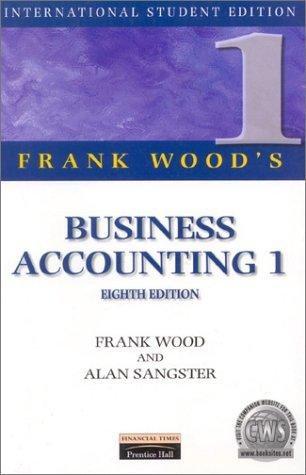Question
Banks charge fees for bounced checksthat is, checks that exceed the balance in the account. Fees they charge are often around $30 each. It has
Banks charge fees for bounced checksthat is, checks that exceed the balance in the account. Fees they charge are often around $30 each. It has been estimated that processing bounced checks costs a bank roughly $1.50 per check. Thus, the profit margin on bounced checks is very high. Recognizing this, some banks have started to process checks from largest to smallest. By doing this, they maximize the number of checks that bounce if a customer overdraws an account. For example, NationsBank (now Bank of America) projected a $14 million increase in fee revenue as a result of processing largest checks first. In response to criticism, banks have responded that their customers prefer to have large checks processed first, because those tend to be the most important. At the other extreme, some banks will cover their customers' bounced checks, effectively extending them an interest-free loan while their account is overdrawn.
1.
Richard Coulsen had a balance of $1,500 in his checking account at First National Bank on a day when the bank received the following five checks for processing against his account.
Check Number
Amount
Check Number
Amount
3150
$ 35
3165
$ 550
3162
400
3166
1,510
3169
180
Assuming a $30 fee assessed by the bank for each bounced check, how much fee revenue would the bank generate if it processed checks (1) from largest to smallest, (2) from smallest to largest, and (3) in order of check number?
2.
Do you think that processing checks from largest to smallest is an ethical business practice? Why or why not?
Step by Step Solution
There are 3 Steps involved in it
Step: 1

Get Instant Access to Expert-Tailored Solutions
See step-by-step solutions with expert insights and AI powered tools for academic success
Step: 2

Step: 3

Ace Your Homework with AI
Get the answers you need in no time with our AI-driven, step-by-step assistance
Get Started


